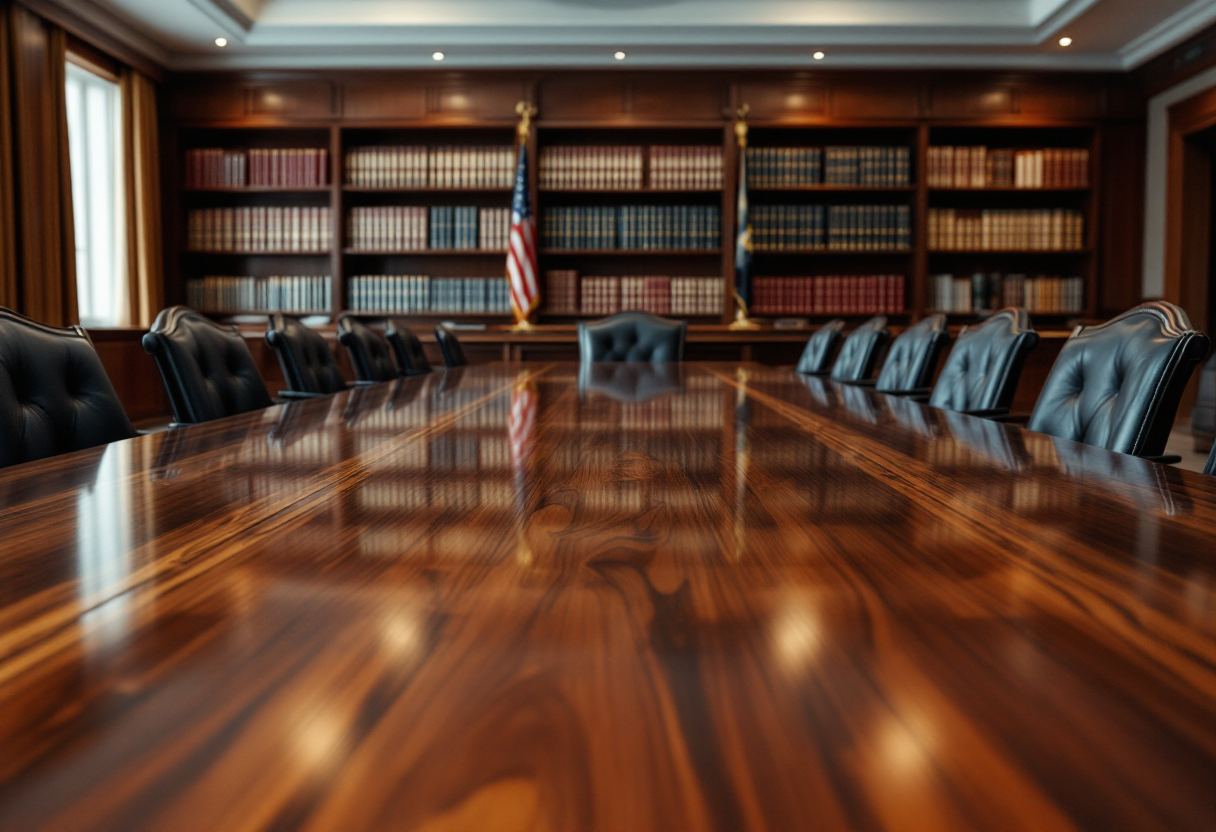Table of Contents
In recent months, the conversation surrounding presidential pardons has taken a dramatic turn, particularly with President Biden’s potential shift towards granting “prospective” or “preemptive” pardons. This new approach raises significant questions about the implications for democracy and the political landscape in the United States.
The rise of preemptive pardons
As political tensions escalate, the idea of preemptive pardons has gained traction among various political factions. These pardons, which would be granted before any charges are filed, could serve as a shield for political allies, effectively preventing future prosecutions.
This practice, if normalized, could lead to a scenario where presidents routinely pardon their associates, blurring the lines between justice and political favoritism.
Critics argue that such a move undermines the integrity of the judicial system. The concept of a “White Knight pardon”—wherein a president intervenes to protect allies—could become a tool for political maneuvering rather than a means of justice.
This shift could foster a culture of impunity, where political figures feel insulated from accountability.
Historical context and constitutional implications
Historically, the use of presidential pardons has been a contentious issue. The framers of the Constitution intended for this power to be a check against potential abuses of the legal system.
However, the potential for blanket pardons raises concerns about the erosion of this foundational principle. The Supreme Court has previously affirmed that presidents enjoy certain immunities, but the introduction of preemptive pardons could complicate this landscape.
Moreover, the precedent set by Biden could influence future administrations, leading to a cycle of political pardons that prioritize loyalty over justice.
This could ultimately reshape public perception of the presidency and its role in upholding the rule of law.
The political ramifications of a pardon list
The prospect of a pardon list has sparked intense debate among lawmakers and commentators. Many are clamoring to be included on Biden’s list, viewing it as a badge of honor in a politically charged environment.
However, this dynamic could create a dangerous precedent, where pardons are seen as political currency rather than a serious legal remedy.
As the nation grapples with the implications of such a shift, it is essential to consider the long-term effects on American democracy. The potential for a president to wield pardon power as a tool for political gain could undermine public trust in government institutions. If pardons become synonymous with political favoritism, the very fabric of democracy could be at risk.
In conclusion, the evolving landscape of presidential pardons presents both opportunities and challenges. As the nation navigates this complex issue, it is crucial to engage in thoughtful discourse about the implications for justice, accountability, and the future of democracy in America.




